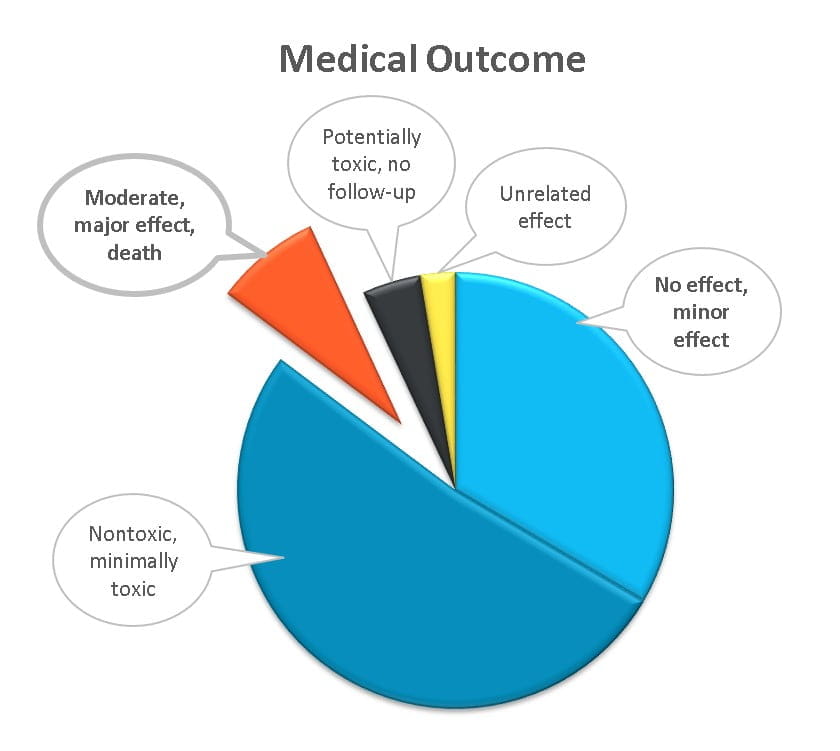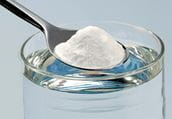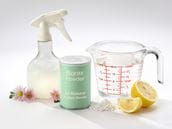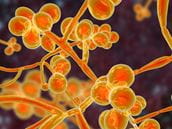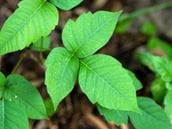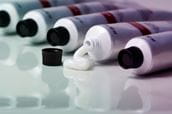
Topical products: medicated creams, lotions, and sprays
When using topical products, such as medicated creams, lotions and sprays, more is not better. Excessive use can lead to serious poisoning.
Displaying 131 - 140 of 680 results for "hydrogen peroxide and iodine"
When using topical products, such as medicated creams, lotions and sprays, more is not better. Excessive use can lead to serious poisoning.
Primers, foundations, and cream-based makeups are applied first to give the face a smooth appearance. These products are usually not toxic to the skin unless contaminated with bacteria or other chemicals. Ingestion of a large quantity of cream-based makeup can cause diarrhea. If you are allergic, redness, itching, swelling, and rash may occur.
Baking soda is sodium bicarbonate. Both sodium and bicarbonate can cause serious toxicity if too much is taken. When swallowed, sodium bicarbonate rapidly makes a large volume of carbon dioxide, which can cause dangerous levels of pressure in the stomach.
Natural gas is a gaseous hydrocarbon mixture with methane serving as the main gas. Methane is a simple asphyxiant that displaces oxygen in the air. If the methane concentration is high enough, the result is hypoxia and asphyxia (suffocation). If you suspect a natural gas leak, leave the building and contact the gas company. If people are sick, call Poison Control.
Borates are naturally occurring compounds with a wide variety of uses, including in cleaning products, insecticides, and solutions for skin and eyes. Borates can come in a variety of forms, most commonly boric acid and borax. Follow product instructions when using borates. If someone ingests a borate, seek immediate medical attention.
Eluxadoline is a medication used for the treatment of irritable bowel syndrome with diarrhea (IBS-D) in adults. The most common side effects of eluxadoline are mild constipation, nausea, and abdominal pain. There are important safety considerations for eluxadoline including rare but serious side effects and a potential for drug-drug interactions.
When a product is labeled "natural" or "organic," that does not mean it is safer or not poisonous. In fact, quite the opposite can be true. Some of the deadliest poisons are "natural", like opium, strychnine, and digitalis. Even arsenic occurs "naturally" in the environment. Don't be fooled by the implied wholesomeness!
Candida auris is a fungus that causes human disease, including sepsis and other infections. It can easily spread among individuals because it persists on environmental surfaces and survives common disinfecting processes. Candida auris infections can be challenging to treat, as they are often resistant to commonly available medications.
Poison ivy can cause a rash if someone touches it, which is caused by oils in the plant. The rash can be severe enough to blister and itch for days or weeks. Most cases can be managed at home. Severe cases require medical attention. If these plants are burned, inhaling the smoke can cause severe breathing problems.
Treatment guideline for button battery ingestions.
Don't guess what you should do. Get accurate Poison Control answers online or by phone. Both are free and confidential.
or CALL 1-800-222-1222
The Poison Post® is a free, quarterly
e-newsletter delivering poison prevention tips right to your inbox!
Learn the Poison Help jingle in English or Spanish. Use these jingles to teach the Poison Control number: 1-800-222-1222. Available for download.
